Need to build a solid foundation of knowledge to improve critical thinking
+ In recent years, the Middle East has been a hot spot for political instability, military conflicts... When an event occurs, there is a lot of different information. How can reporters get the fastest, most complete and accurate information, sir?
- Fake news has become a global problem. In a region with many contradictions, conflicts and suspicions like the Middle East, the problem of fake news is even more evident. In many cases, fake news does not simply come from a few individuals, it is a systematic information war launched by all sides, with many intentions... But we see it as both a challenge and an opportunity for resident reporters to affirm their value.
The age of the internet and social networks has made the world flatter. Stories that happen in faraway lands can now be accessed quickly by Vietnamese people. But what resident reporters can do is to bring to the audience and readers profound perspectives and hidden natures behind the events that happen in the land where they reside. And in many cases, resident reporters abroad need to act as a “filter” to help the audience have correct and truthful understandings of the issues happening in the world.
For me, the more foreign correspondents can immerse themselves in local life, the more they will have a deeper insight into an event happening in that land and be more alert to "fake news traps". Most recently, stories about the Israel-Hamas conflict, or Iran-Israel tensions. There are conspiracy theories or numbers that at first sound very sensational. But then if you put it in a general context, try to link it with other factors that you already know, you will feel the absurdity.
Journalists, therefore, in my opinion, need to build a solid foundation of knowledge to improve critical thinking. In addition, in each land we pass through, I also try to build a network of friends. It is from this network that I have helped a lot in bringing multi-dimensional views, being able to hear from many sides of an issue.
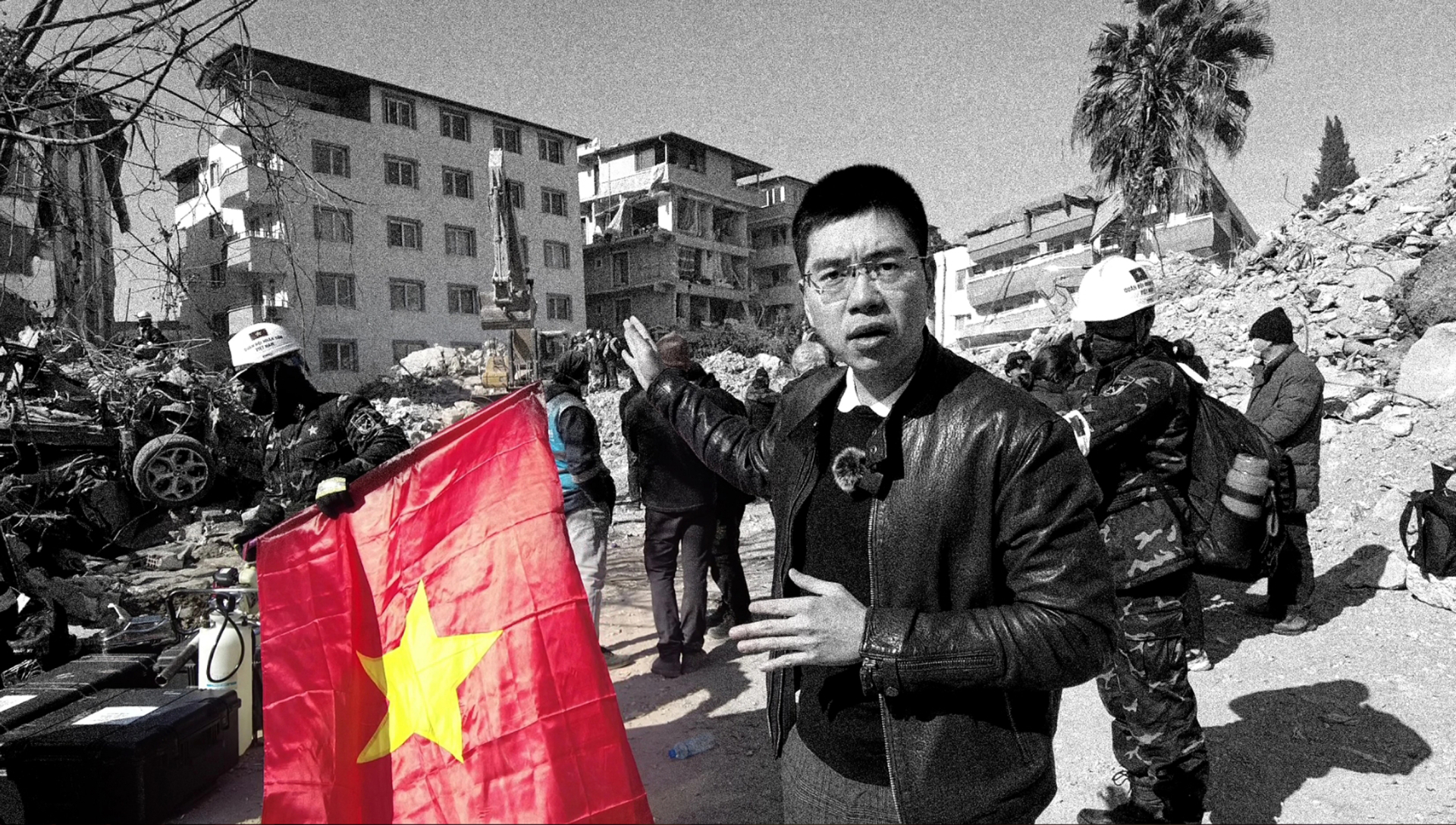
Journalist Anh Phuong was present at the epicenter of the earthquake in Türkiye, a reporting trip that left many emotions. Photo: NVCC
+ Compared to other types of journalism, television requires images and videos. Have you ever been to conflict areas, places with earthquakes, etc. So how are safety factors implemented in your work, journalist?
- I have asked this question to my colleagues from major media agencies such as CNN (USA) or DW (Germany) since the first days of my permanent residence. The Middle East is a land of many risks and unpredictable fluctuations. What principles are there so that we can ensure safety and avoid dangers when working?
And they honestly advised us not to watch what they do on TV, and then recklessly rush into hot spots to report on them ourselves... Every day, viewers see reporters from CNN, Al Jazeera or RT... present at almost every hot spot in the world, from the Gaza Strip to Ukraine... But behind that is not simply the love for the job or the professionalism of the reporters. Above all, there are also huge expenses.
In many cases, in order to appear at hot spots, major media companies must hire their own security companies to survey the terrain before reporters arrive. They also have to hire a local team to guide them, advise them on areas where they can stand and work, where to place cameras, where they can and cannot rush in, etc. Of course, there is still an element of luck involved.
Previously, I worked in the West Bank (Palestine), behind me were bullets, tear gas grenades, it looked very dangerous. But in fact, before that, I was led by colleagues, local people. In many cases, the army also knew about the presence of the press in this area. And that conflict had an acceptable level of risk of bombs and stray bullets. Reporters reflect the news, not become the news themselves, this is like a motto of our reporters when going to hot spots of conflict. There is an immutable principle, not only for us but for any reporter, when working in hot spots, that is no news is more important than life.
What's more important is engaging, authentic content.
+ In many times, the application of information technology and data transmission in journalism is extremely important. So how do you and your colleagues utilize modern journalism technology to quickly transmit information from hot spots, sir?
- Having traveled to many different countries, I see that Vietnam's current capacity for journalism and television is not much different from many other countries in the world. To report live on-site, VTV's resident reporters often use a device called Streambox, which, when attached to a camera, can transmit images from anywhere for broadcasting. In fact, we ourselves are quite flexible in using working equipment, not always a large camera, sometimes just a phone to film footage, for interviews.
I think that sometimes the image is shiny and sharp, not necessarily an advantage. What is more important is the attractive and authentic content. That has more weight to conquer the audience. There are expensive details but the image quality is not smooth, but it is still easy for the audience to sympathize.
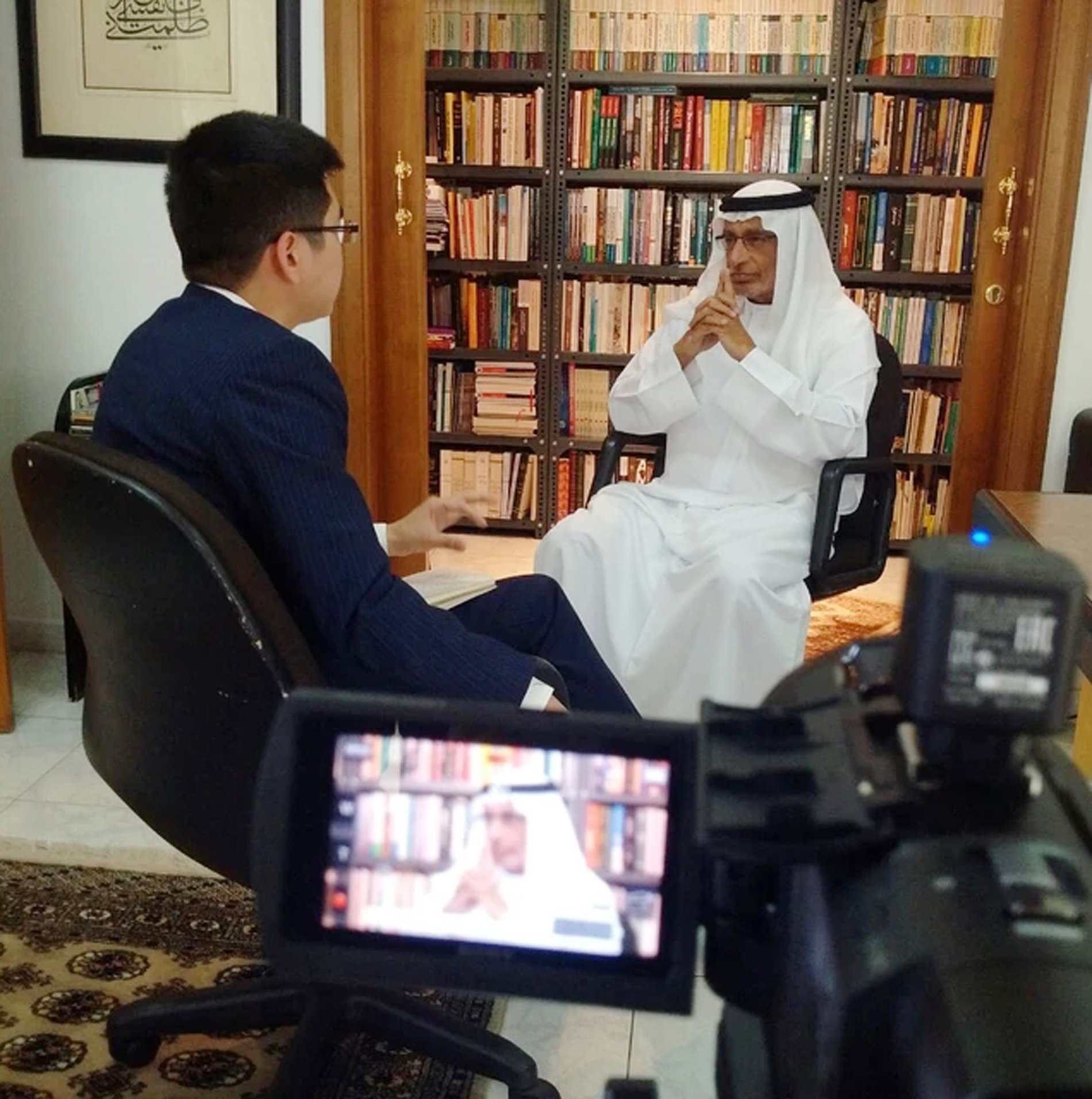
Journalist Anh Phuong in an interview with Professor Abdulkhaleq Abdulla - Chairman of the Social Sciences Council, United Arab Emirates. Photo: NVCC
+ The Middle East is a large region with harsh weather conditions. Can you tell our readers about a trip that you and your colleagues found most memorable?
- The earthquake on February 6, 2023 swept through 10 provinces of Türkiye. When we learned that Vietnamese forces would come to support search and rescue efforts, our team proactively arrived early. However, the reality we faced was beyond our imagination. The weather at night dropped to -5, -6 degrees Celsius, infrastructure was destroyed, no electricity or water, phone signals, and unstable internet...
We slept in our sleeping bags, and every time the sun went down, we struggled with the cold. At times like these, my cameraman and I would encourage each other to look at the survivors of the Turkish earthquake, who were suffering a thousand times more pain. But the deep memories were not only of hardship, or the risks from the aftershocks that continued.
The most impressive image was the image of Vietnamese soldiers at the epicenter of the earthquake. And behind that, I felt the gratitude of the Turkish people towards the international soldiers who traveled thousands of kilometers to support their people. I felt the overflowing emotions of the Turkish people and their belief in pure love between people.
Here, the two words Vietnam often create impressions and sympathy. In a region that is full of suspicion and conflict, when they know we are reporters from Vietnam, almost everyone shows joy and welcome. Many people mention Vietnam with admiration for its history and the country of peace and friendship... That is truly an advantage for us to work in a land full of conflicts like the Middle East.
+ Thank you for these interesting shares!
Le Tam (Implementation)
Source: https://www.congluan.vn/phong-vien-phan-anh-tin-tuc-chu-dung-bien-minh-thanh-tin-tuc-post300114.html


![[Photo] Feast your eyes on images of parades and marching groups seen from above](https://vphoto.vietnam.vn/thumb/1200x675/vietnam/resource/IMAGE/2025/4/30/3525302266124e69819126aa93c41092)

![[Photo] Fireworks light up the sky of Ho Chi Minh City 50 years after Liberation Day](https://vphoto.vietnam.vn/thumb/1200x675/vietnam/resource/IMAGE/2025/4/30/8efd6e5cb4e147b4897305b65eb00c6f)

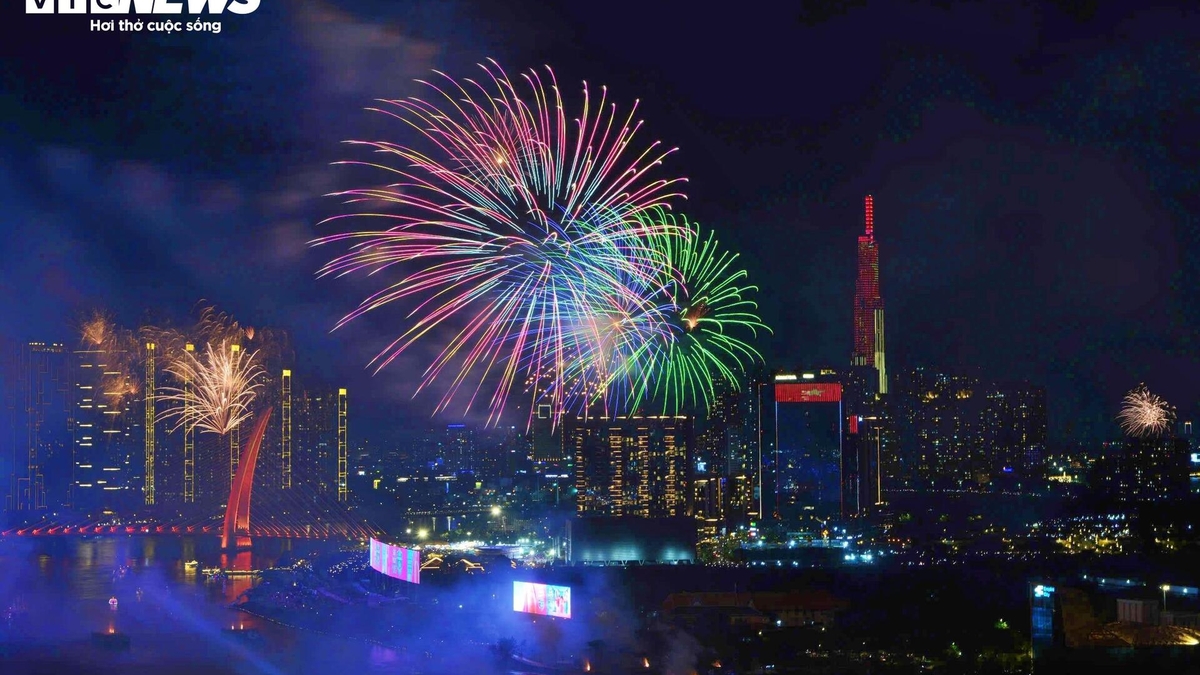

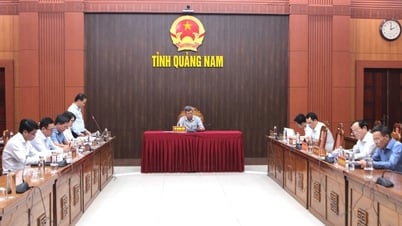



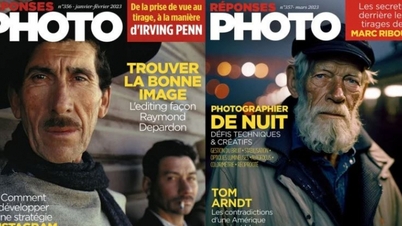
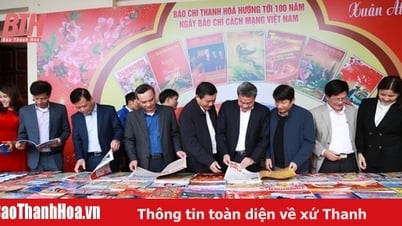

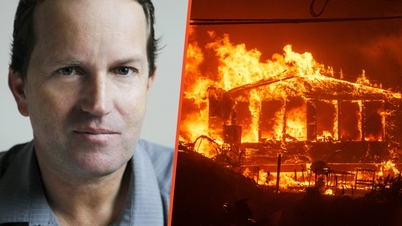

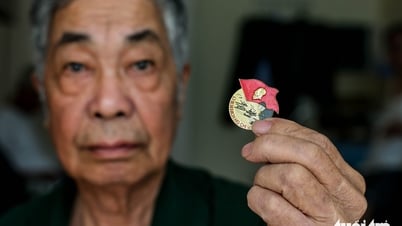
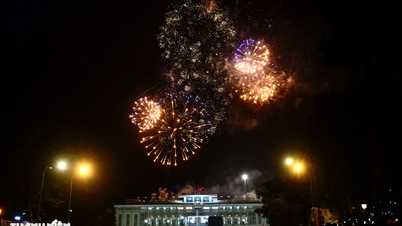

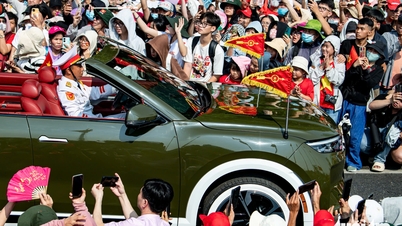
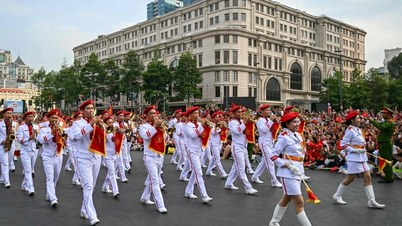















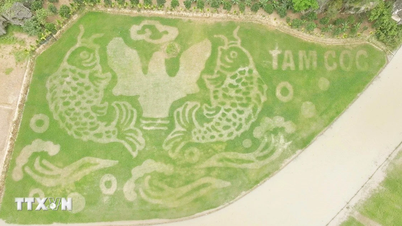







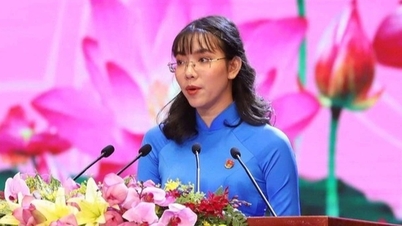




















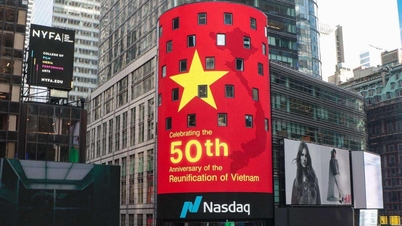

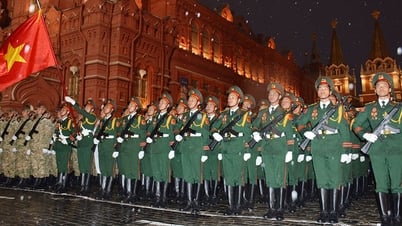












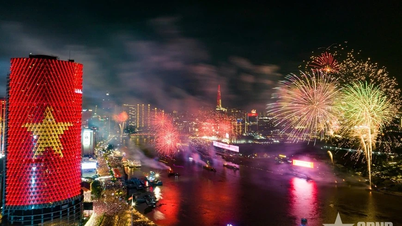
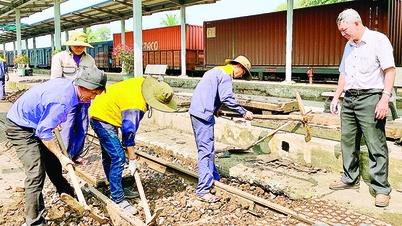

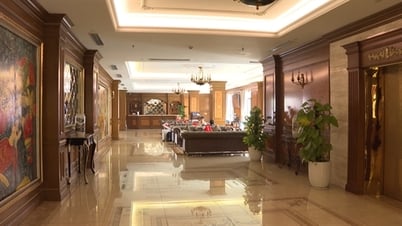


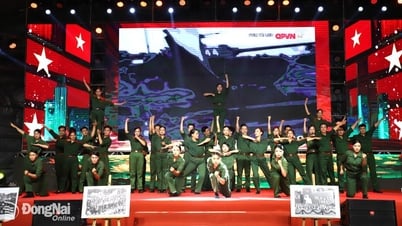











Comment (0)